If you’re looking to elevate your heart rate, shed fat, and build strength all in one session, cardio circuit training is one of the most efficient and energizing ways to do it. Whether you're short on time or just bored with the treadmill, a well-designed cardiovascular circuit can be a game-changer for your fitness routine.
What Is Cardio Circuit Training?
Cardio circuit training combines heart-pumping aerobic exercises with strength movements in a series of back-to-back stations. Unlike traditional cardio, which often involves steady-state movement (like running or biking), a cardio circuit keeps you moving between exercises that challenge multiple muscle groups while elevating your heart rate.
Think jumping jacks, mountain climbers, push-ups, squats, and kettlebell swings, all performed in a rotating format with minimal rest. This hybrid style is highly effective for burning calories, improving endurance, and building functional strength.
Why Choose a Cardio Circuit Workout?
-
Time-Efficient: You can complete a full-body workout in 30 minutes or less.
-
Boosts Metabolism: The alternating intensity spikes your heart rate and triggers calorie burn even after you finish.
-
Versatile: You can perform it at home, in a gym, or in a cardio circuit class setting.
-
Beginner to Advanced Friendly: Easily modifiable to suit all fitness levels.
Sample Cardio Circuit Routine
Here’s a simple 20-minute cardio circuit to try. Perform each move for 45 seconds, rest for 15 seconds, then repeat the entire circuit 3-4 times:
-
Jump squats
-
Push-ups
-
High knees
-
Dumbbell rows
-
Mountain climbers
-
Kettlebell swings
-
Burpees
-
Plank jacks
This mix of aerobic exercise circuits and strength-based movements creates a balanced and challenging session that targets the entire body.
Cardio Exercises Perfect for Circuit Training
If you're looking to build your own circuit, here are some effective moves to include:
-
Cardio-Intensive: Jump rope, jumping lunges, skaters, sprint intervals
-
Strength-Endurance: TRX rows, dumbbell thrusters, weighted step-ups
-
Core Burners: Russian twists, V-ups, bicycle crunches
-
Low-Impact Options: Speed walking, step touches, air squats
You can combine 2-3 moves from each category to create a cardiovascular circuit tailored to your goals.
Is Circuit Training Considered Cardio?
Yes—circuit training can absolutely count as cardio, especially when the focus is on maintaining an elevated heart rate. The key is intensity and minimal rest. When done right, even a strength-based circuit turns into a powerful cardio workout.
My Personal Experience with Cardio Circuit Training
I first turned to circuit training after hitting a plateau with long-distance running. I was spending hours on the track but not seeing the changes I wanted in strength or definition. Once I started incorporating circuit workouts—blending burpees, kettlebell swings, and bodyweight drills—I felt stronger, faster, and more energized. Even better, I started looking forward to my workouts again. The variety kept me engaged, and the results kept me motivated.
Tips for a Safe and Effective Cardio Circuit
-
Warm up properly: 5–10 minutes of dynamic movement to prep your joints and muscles.
-
Balance intensity and recovery: Don’t be afraid to pause or scale back—form matters more than speed.
-
Hydrate and refuel: Especially if you're doing high-intensity work.
-
Change it up regularly: To avoid burnout and keep progressing.
Final Thoughts
Whether you're looking to lose weight, build endurance, or simply switch things up, cardio circuit training delivers fast, efficient results. It’s adaptable, engaging, and proven to enhance cardiovascular fitness. So if you're still asking, "Is circuit training cardio?"—the answer is a sweaty, satisfying yes.


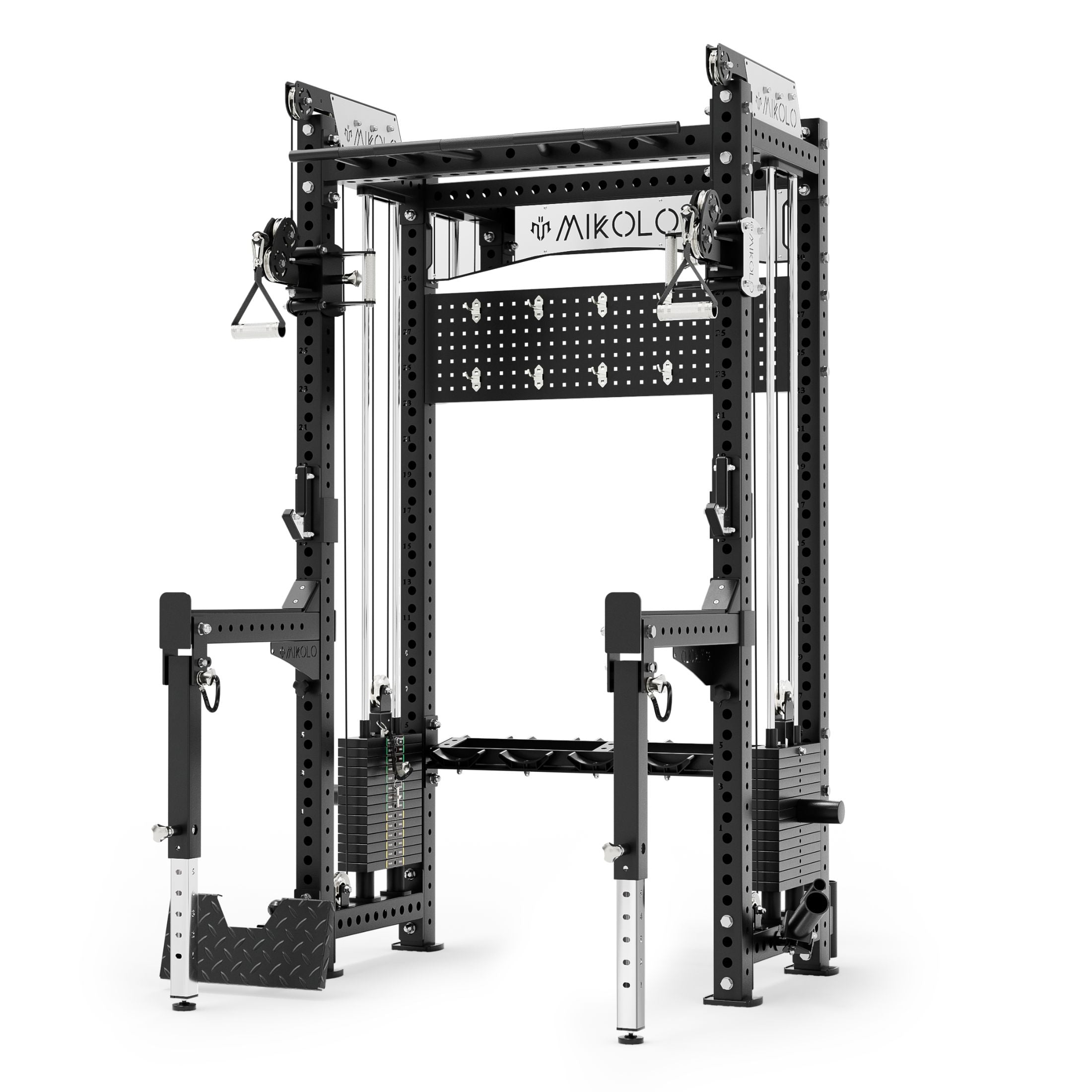
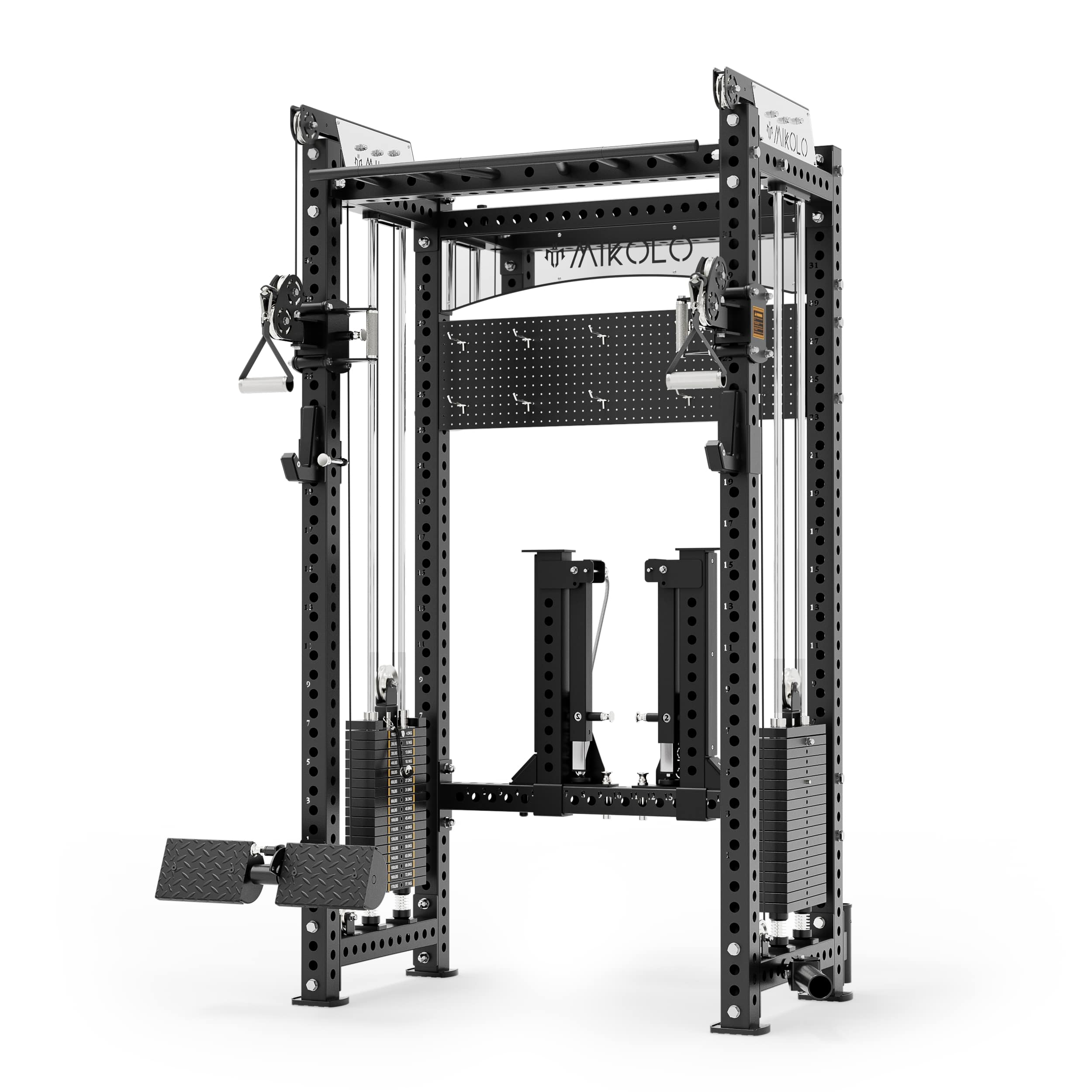
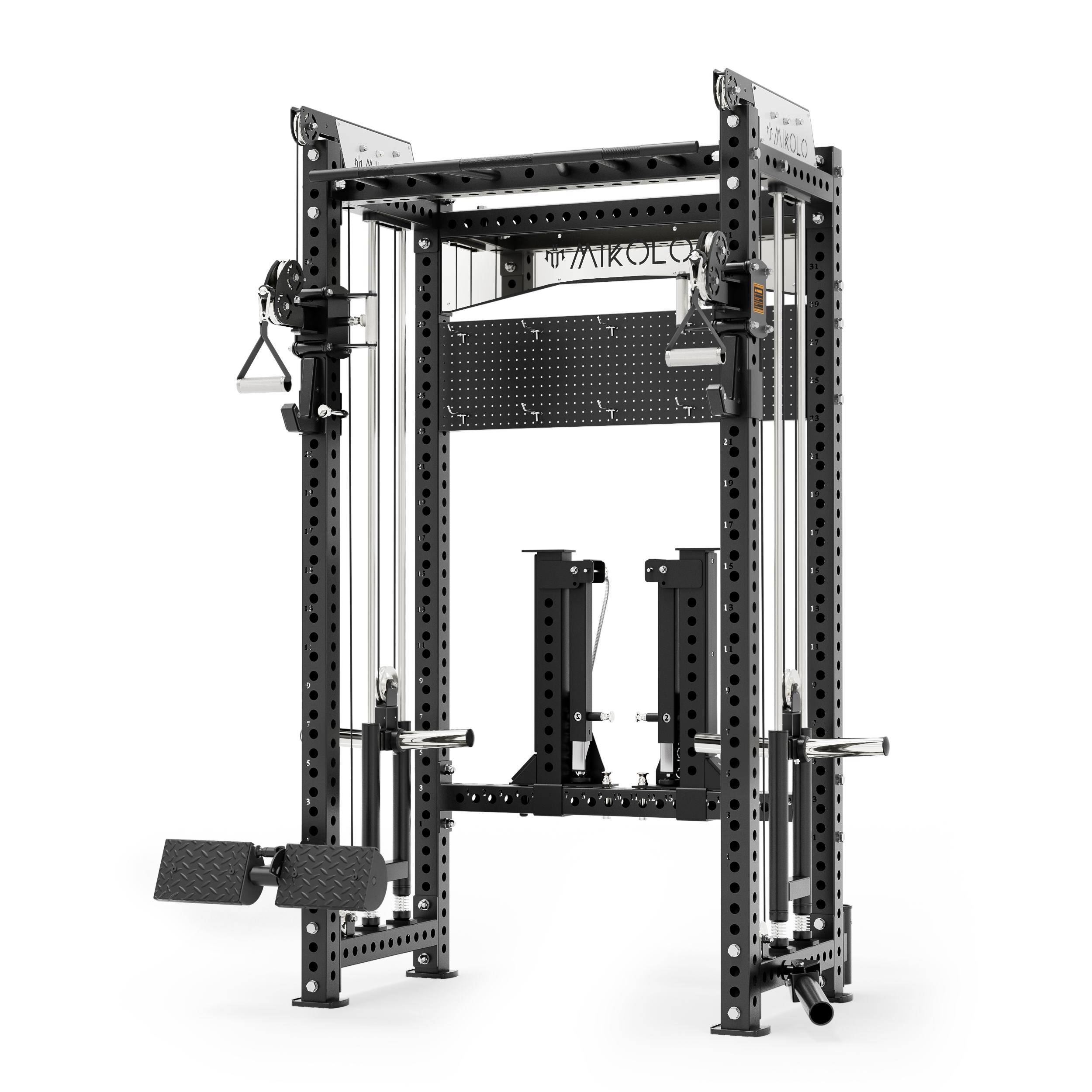


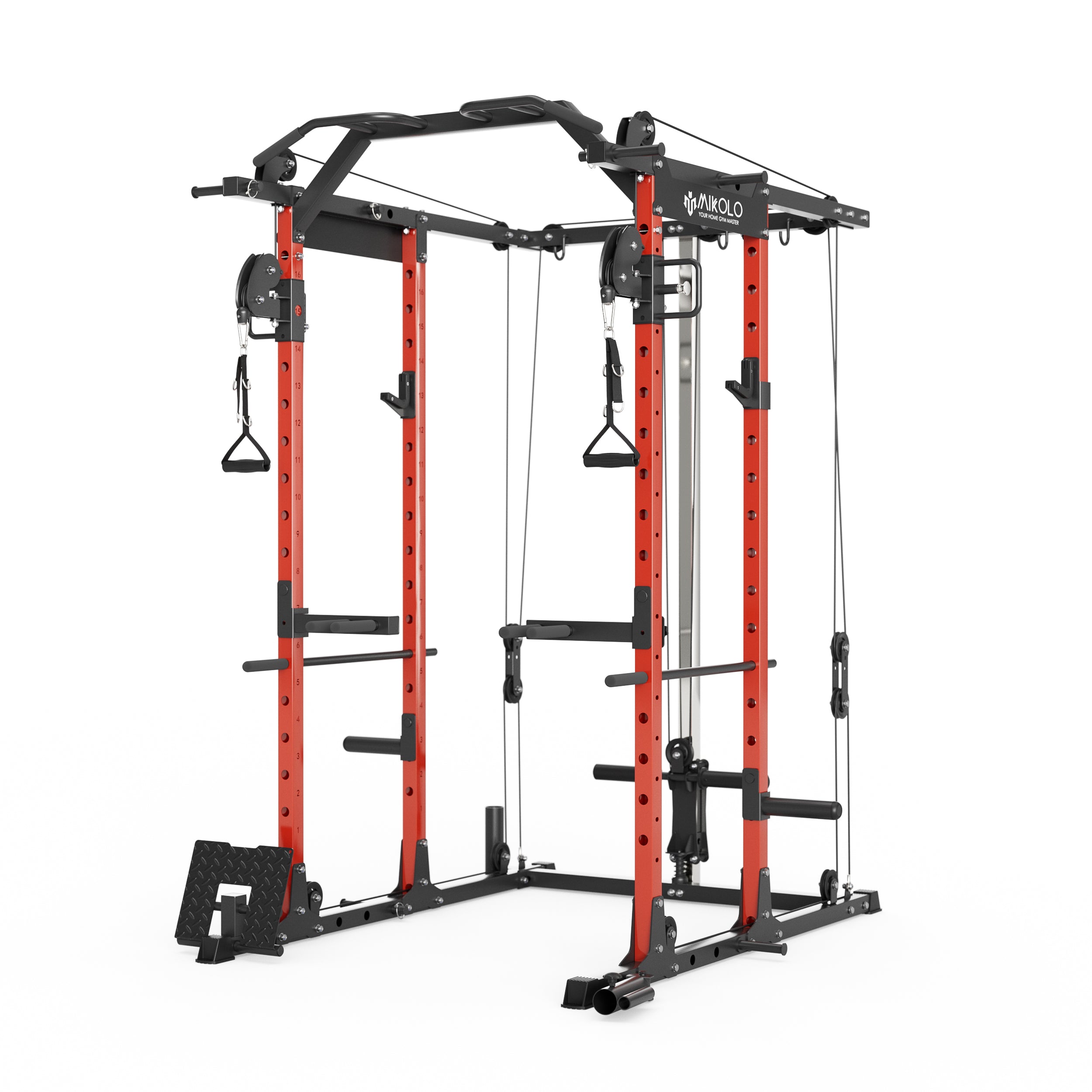
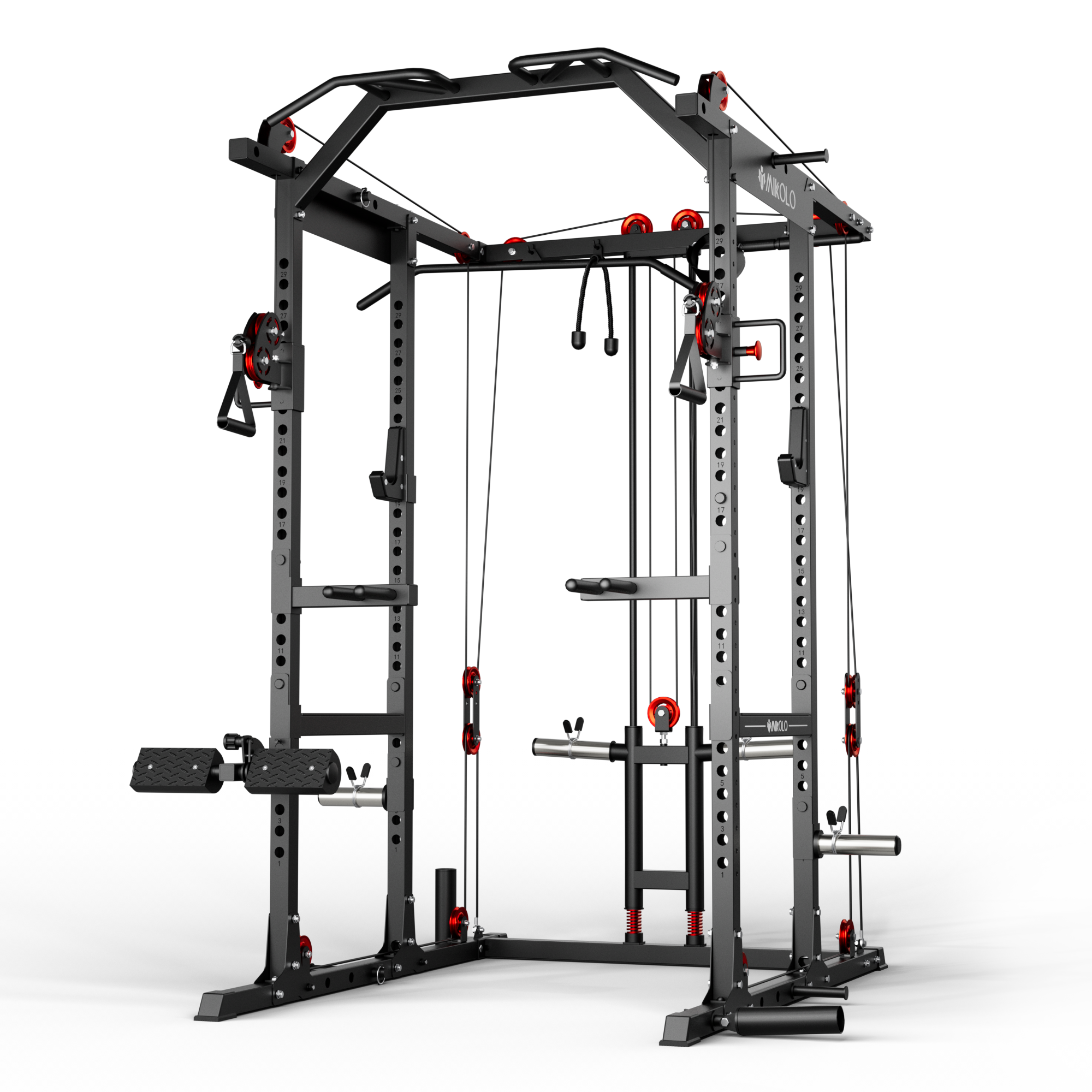

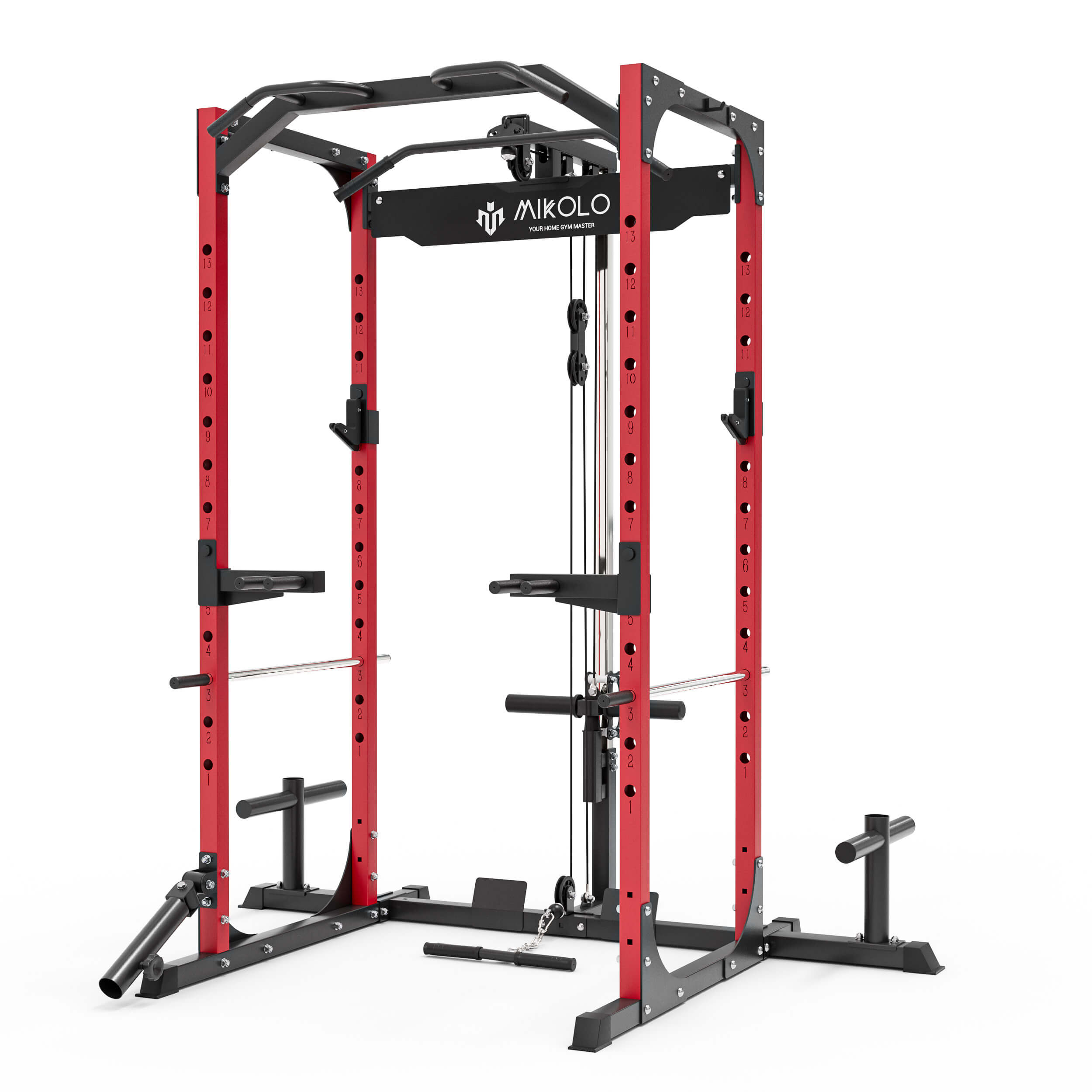

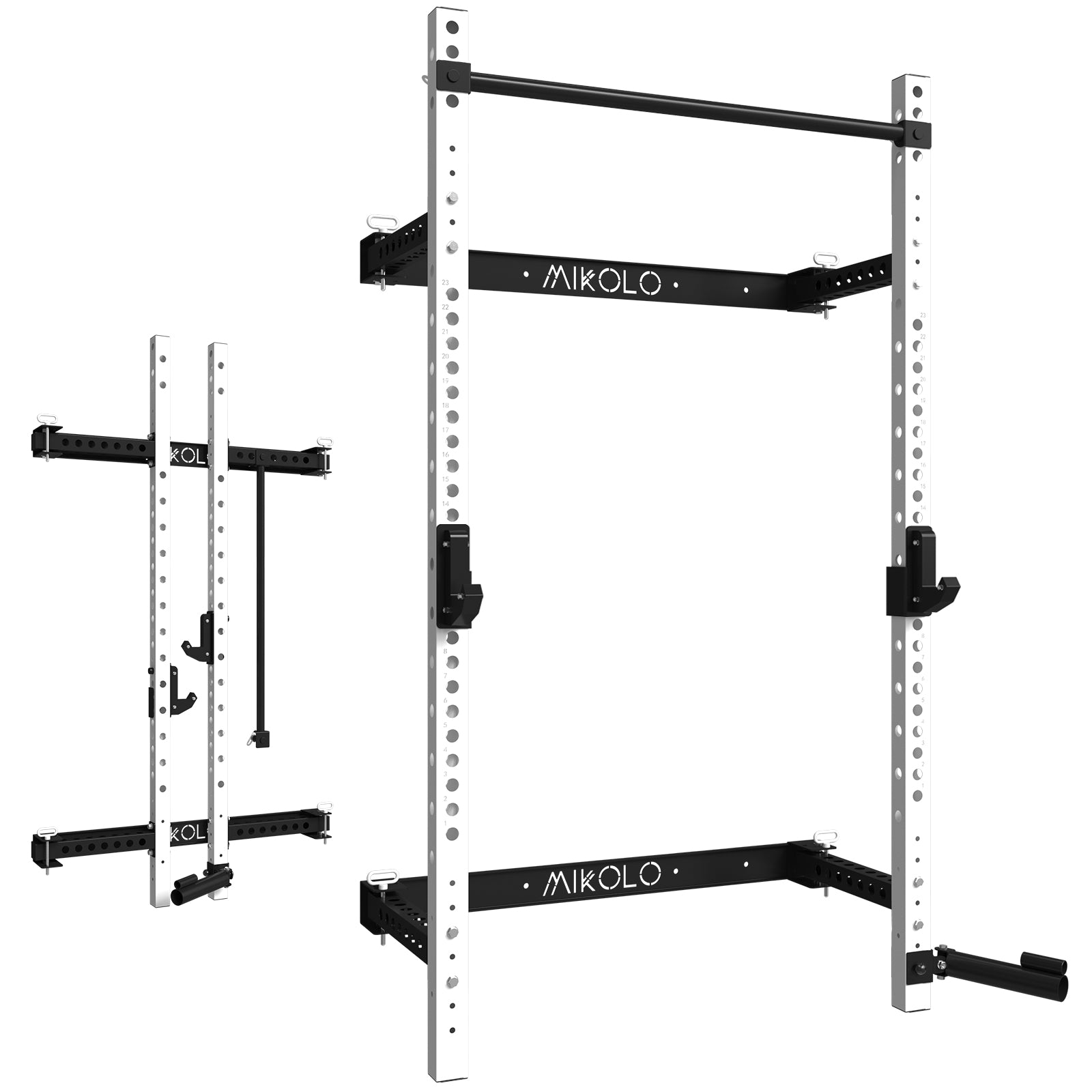

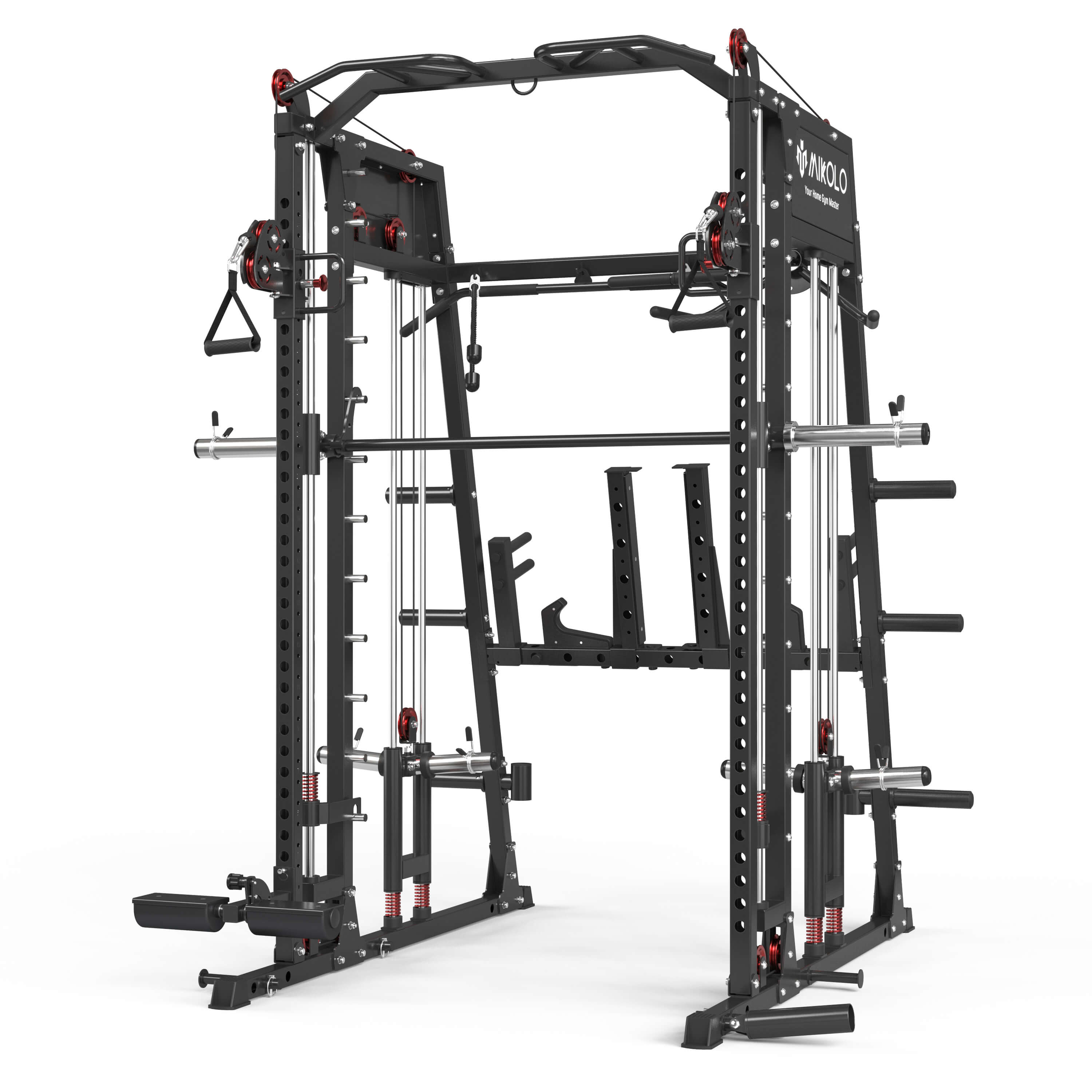
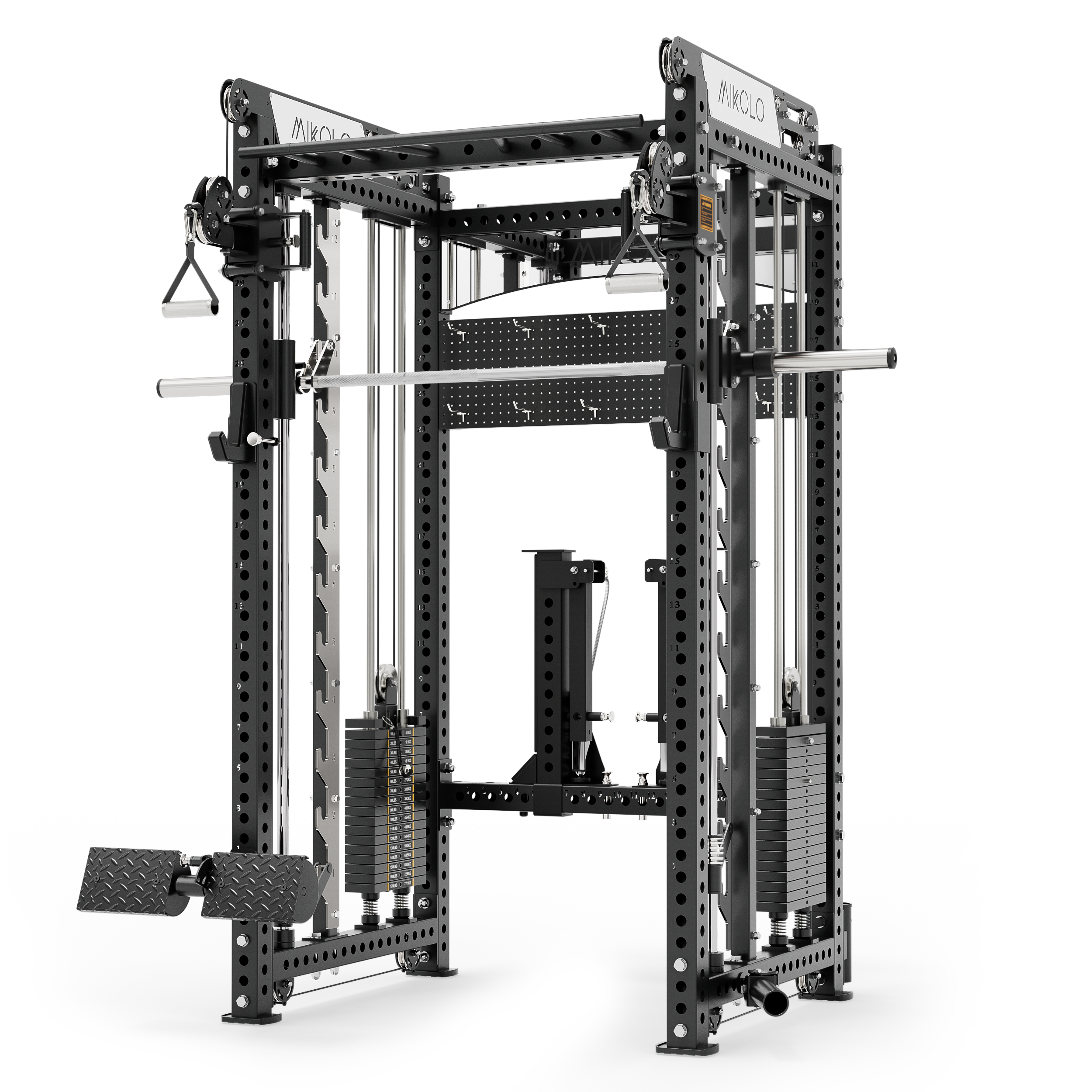
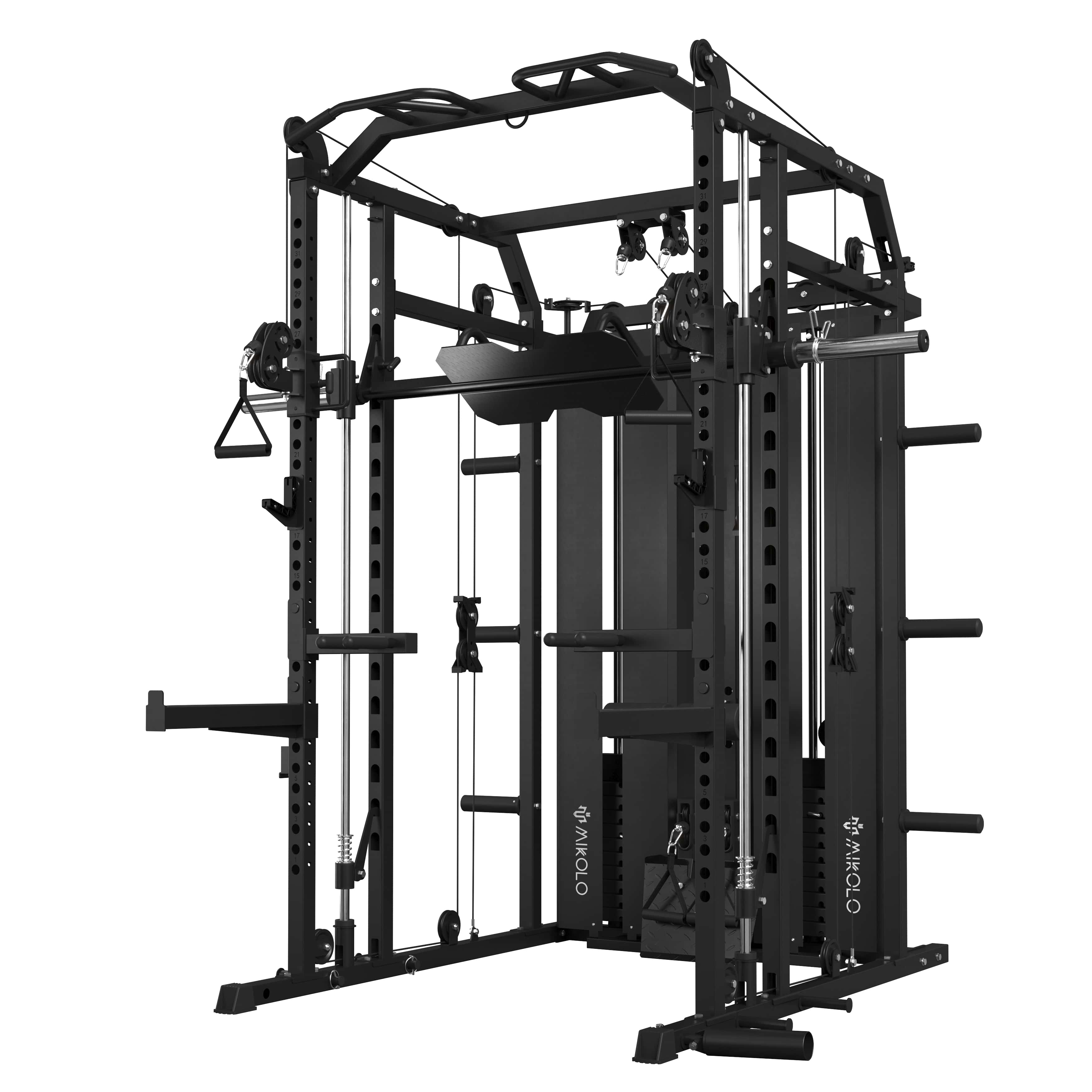
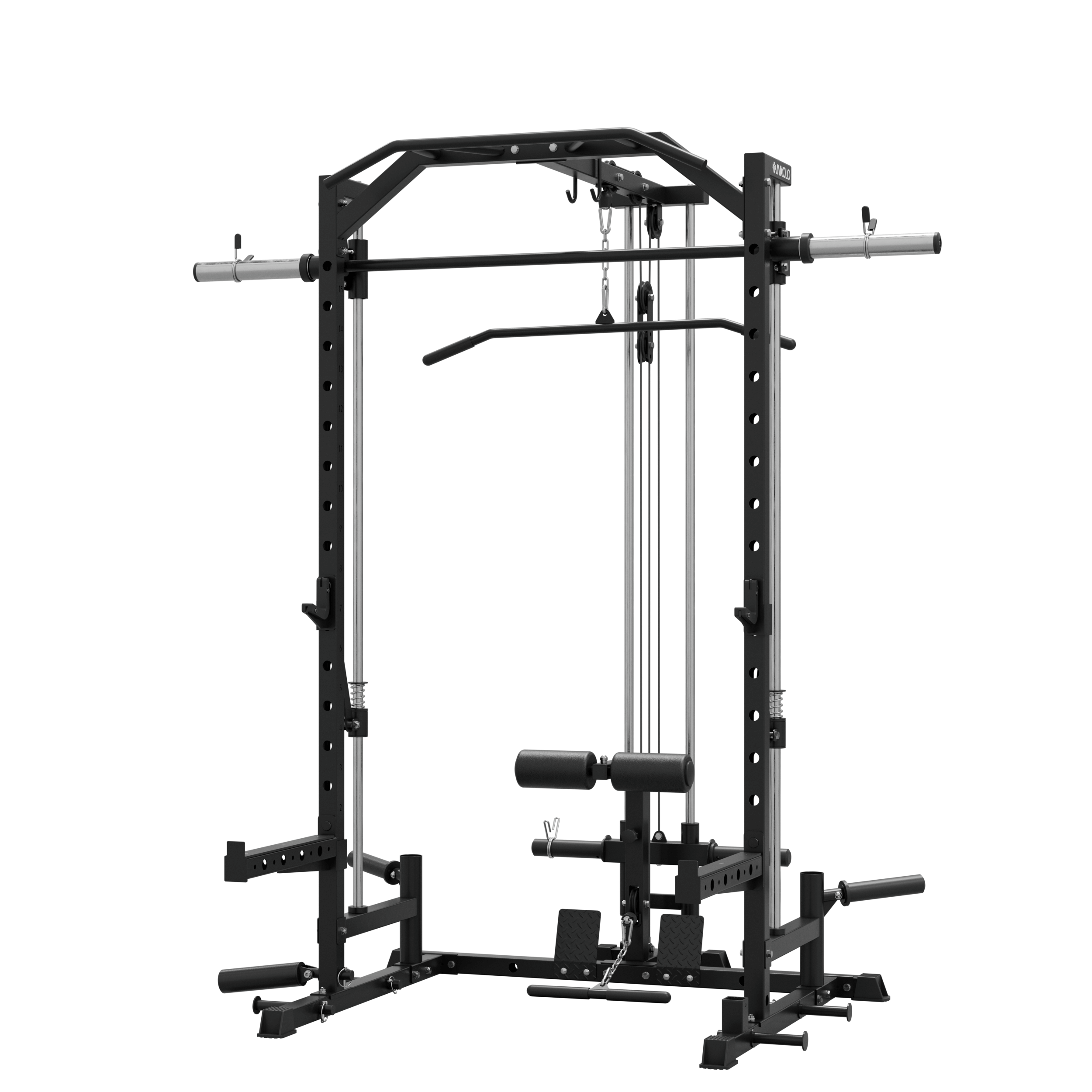
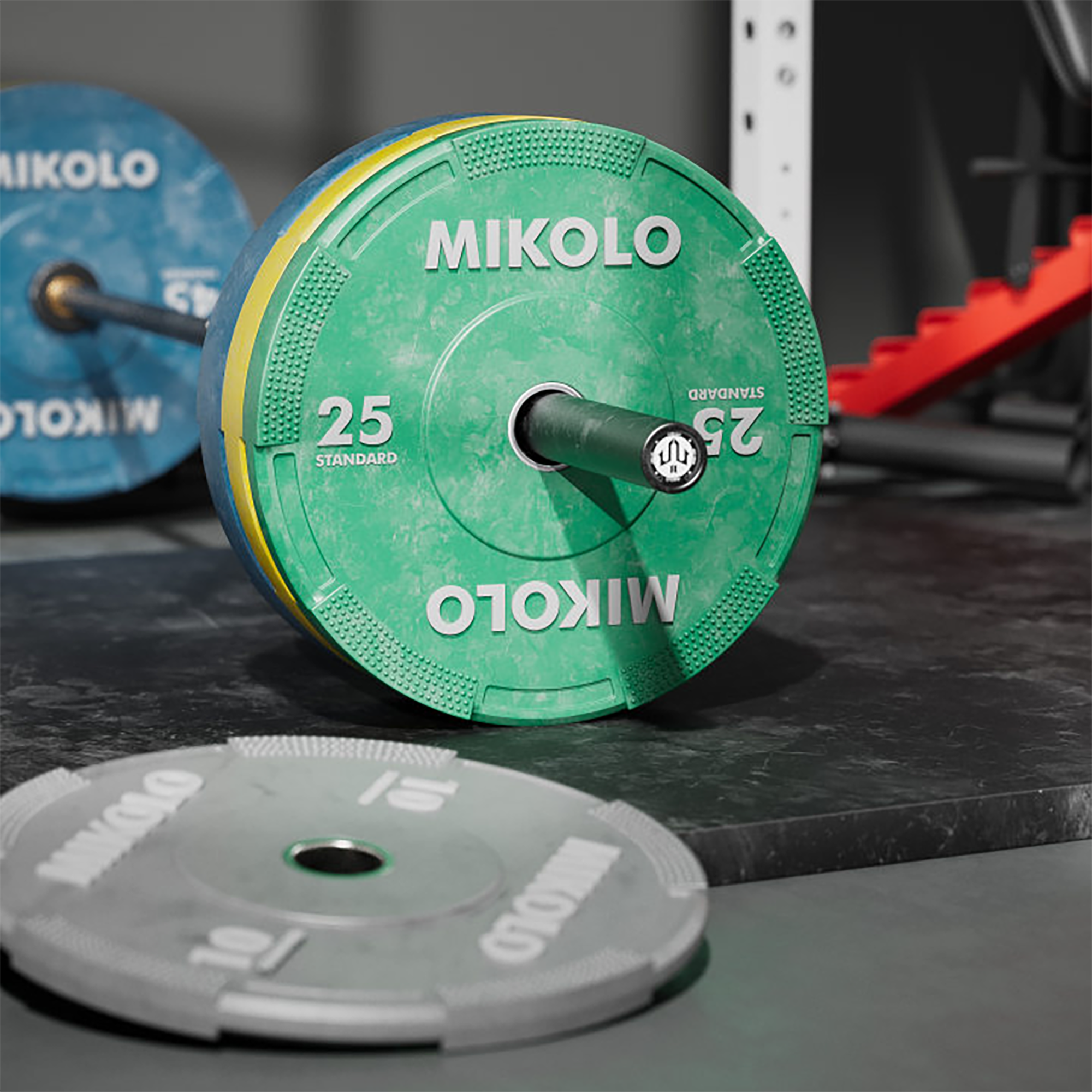





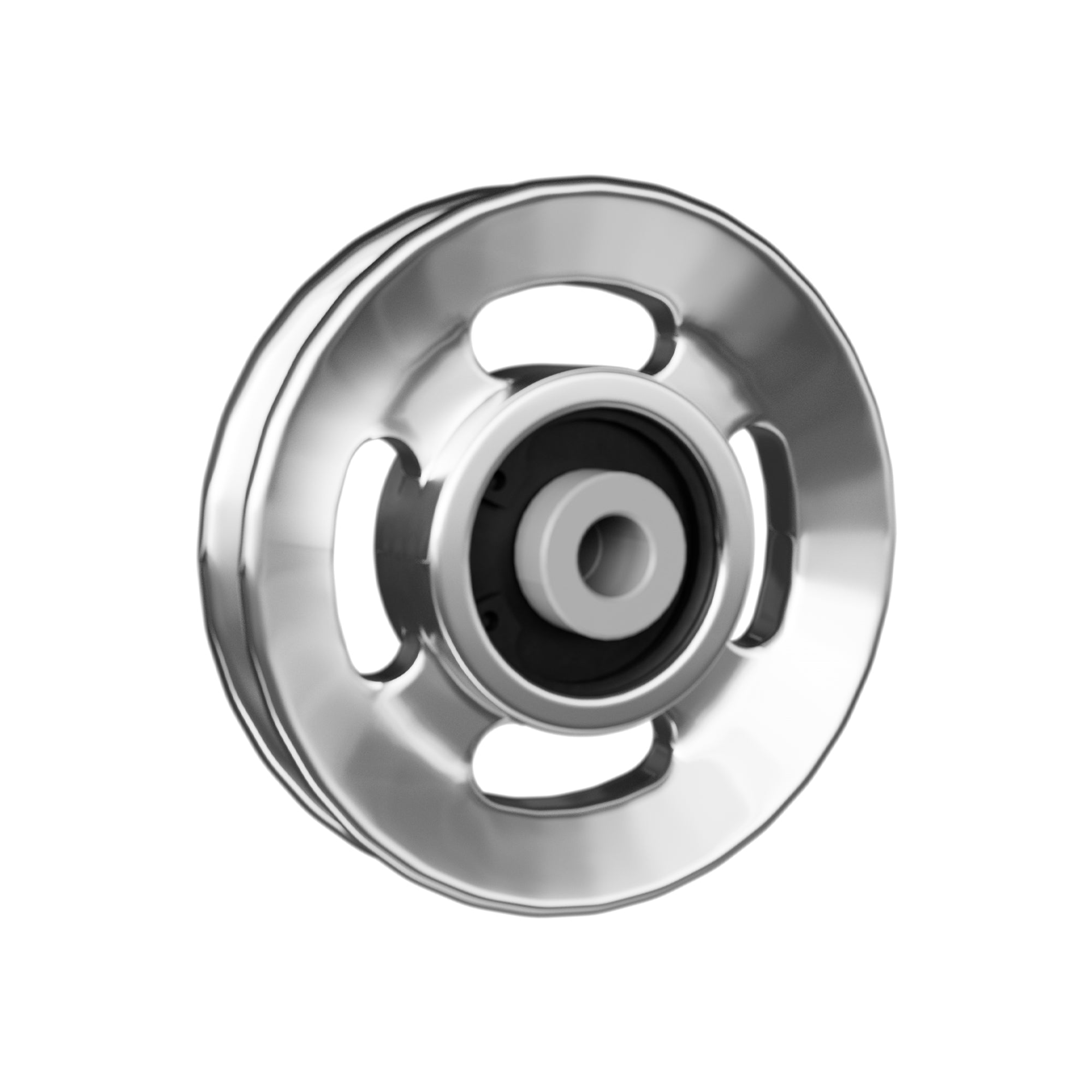
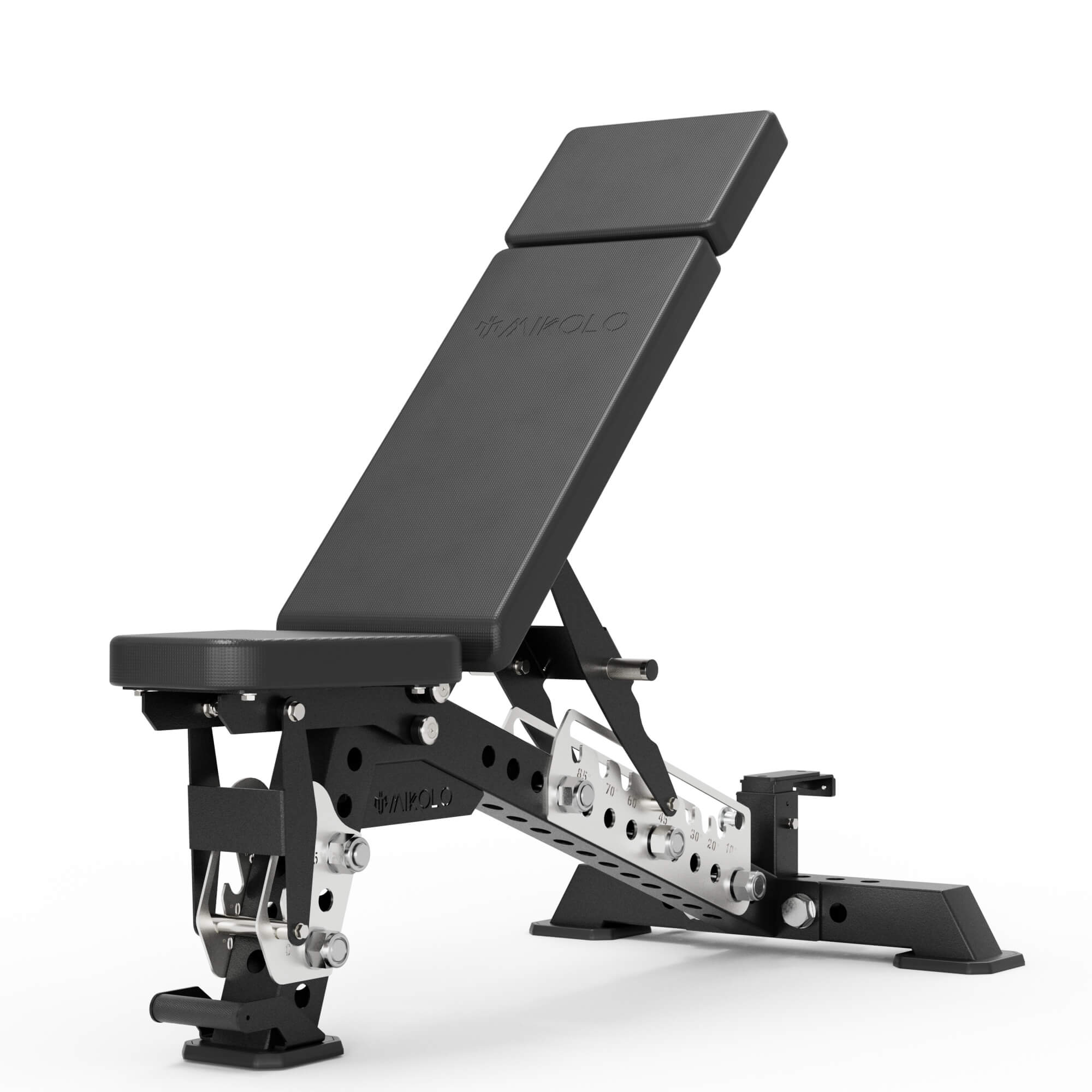
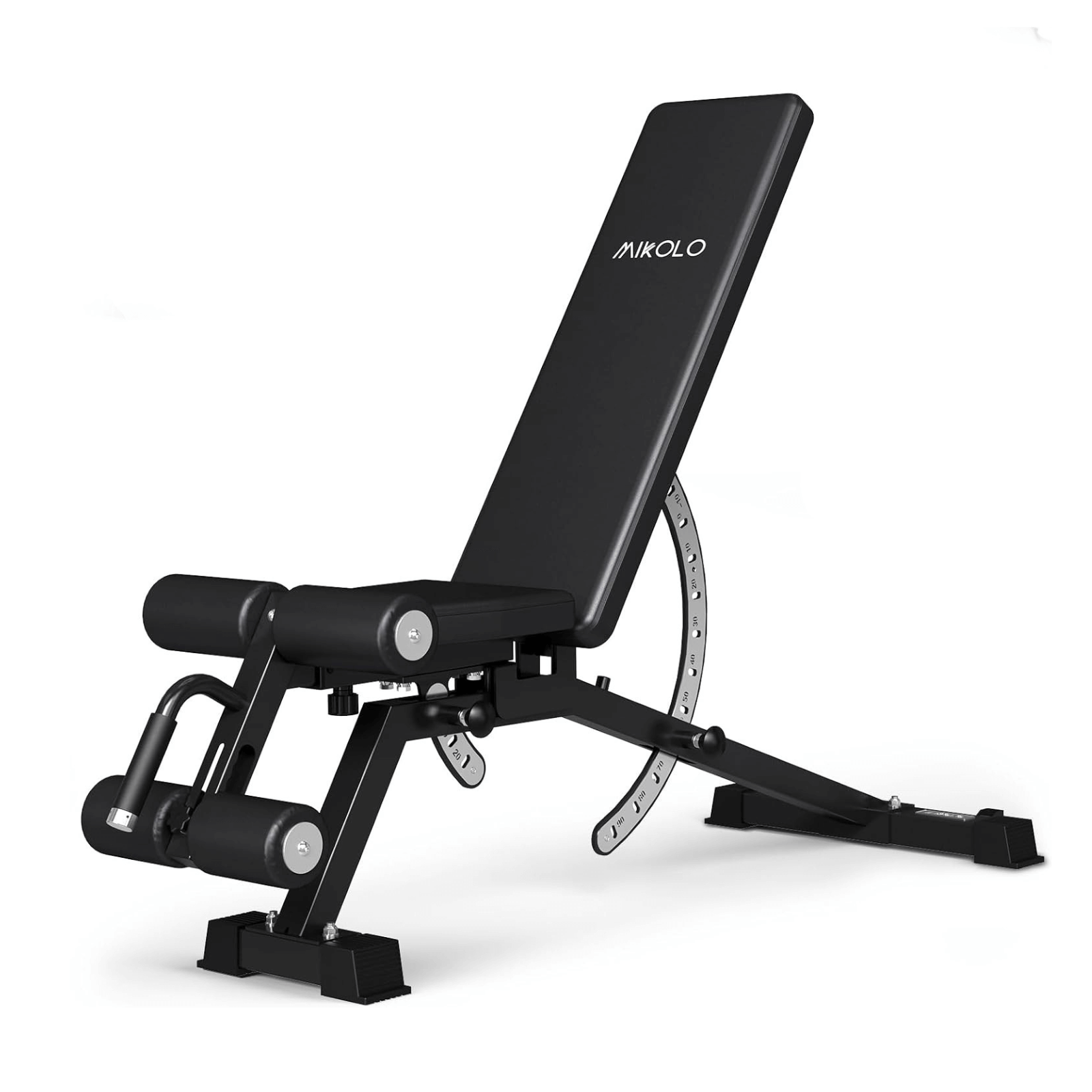



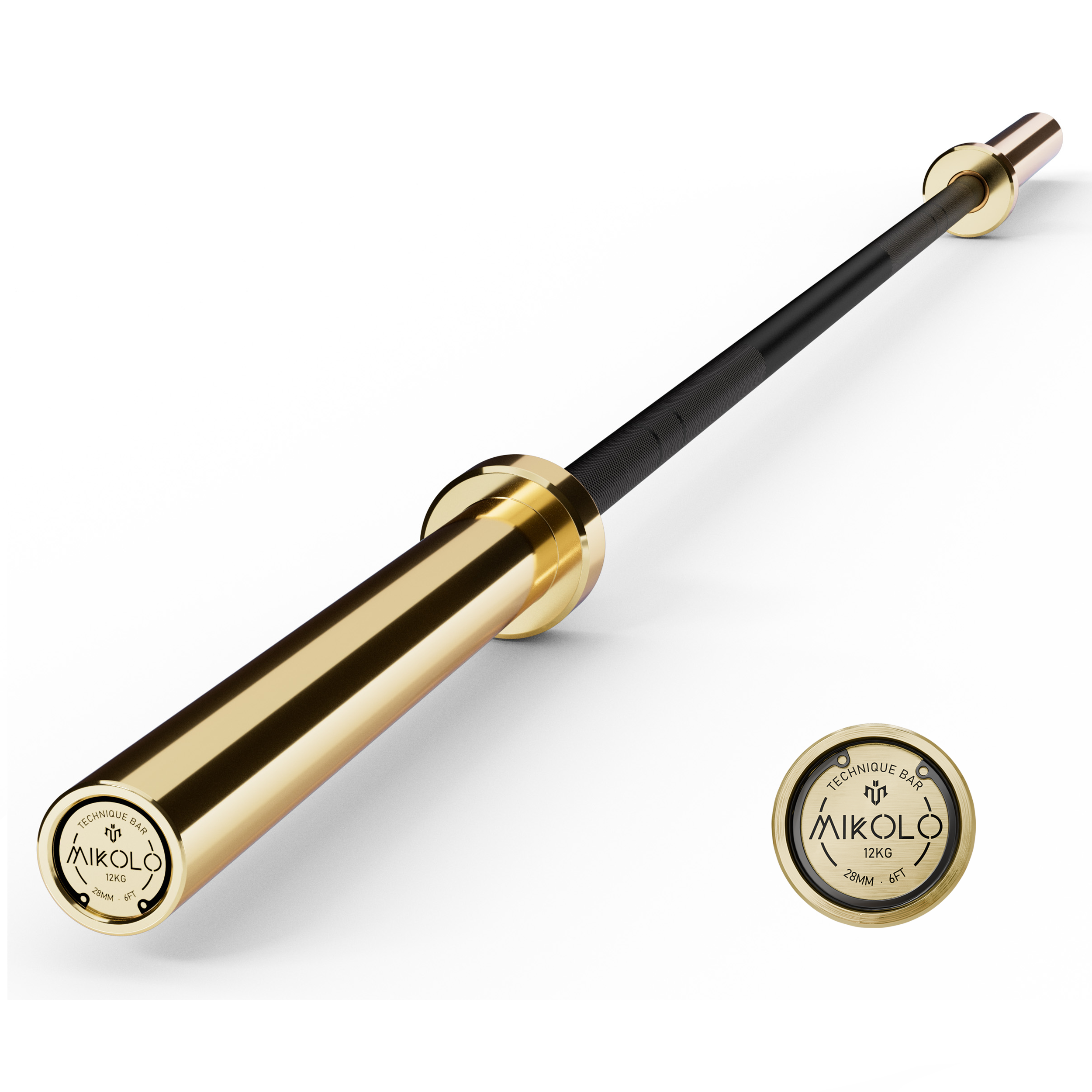
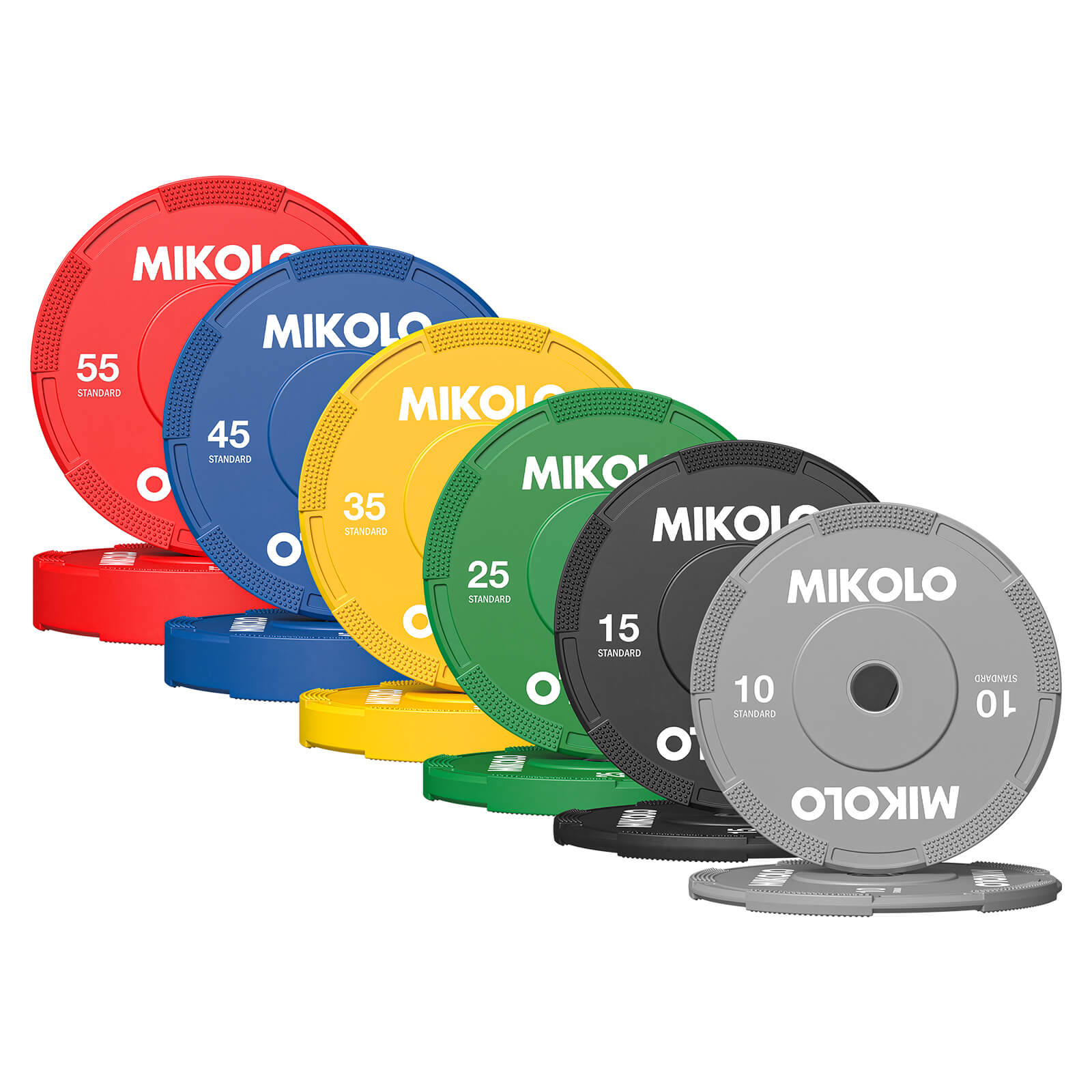

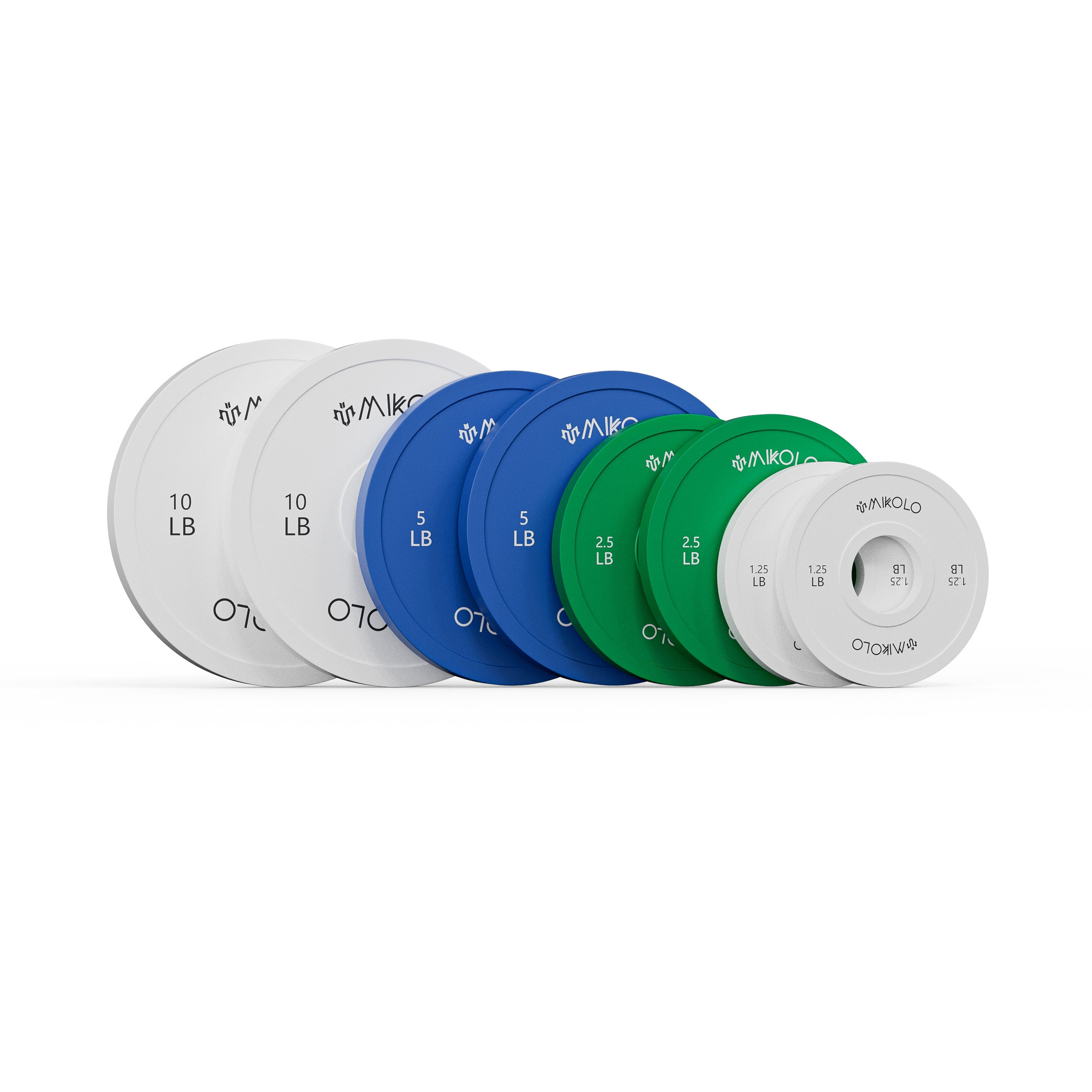

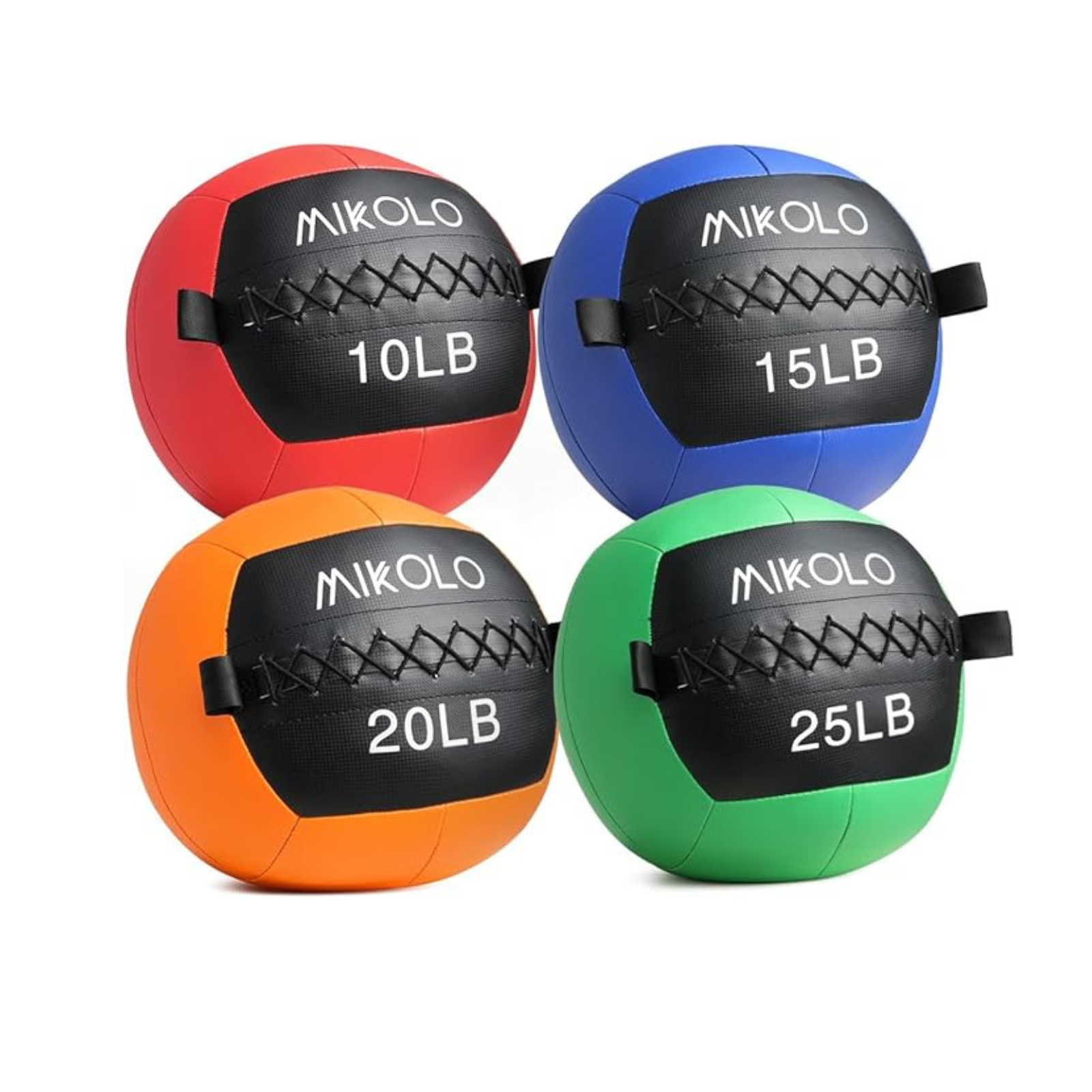
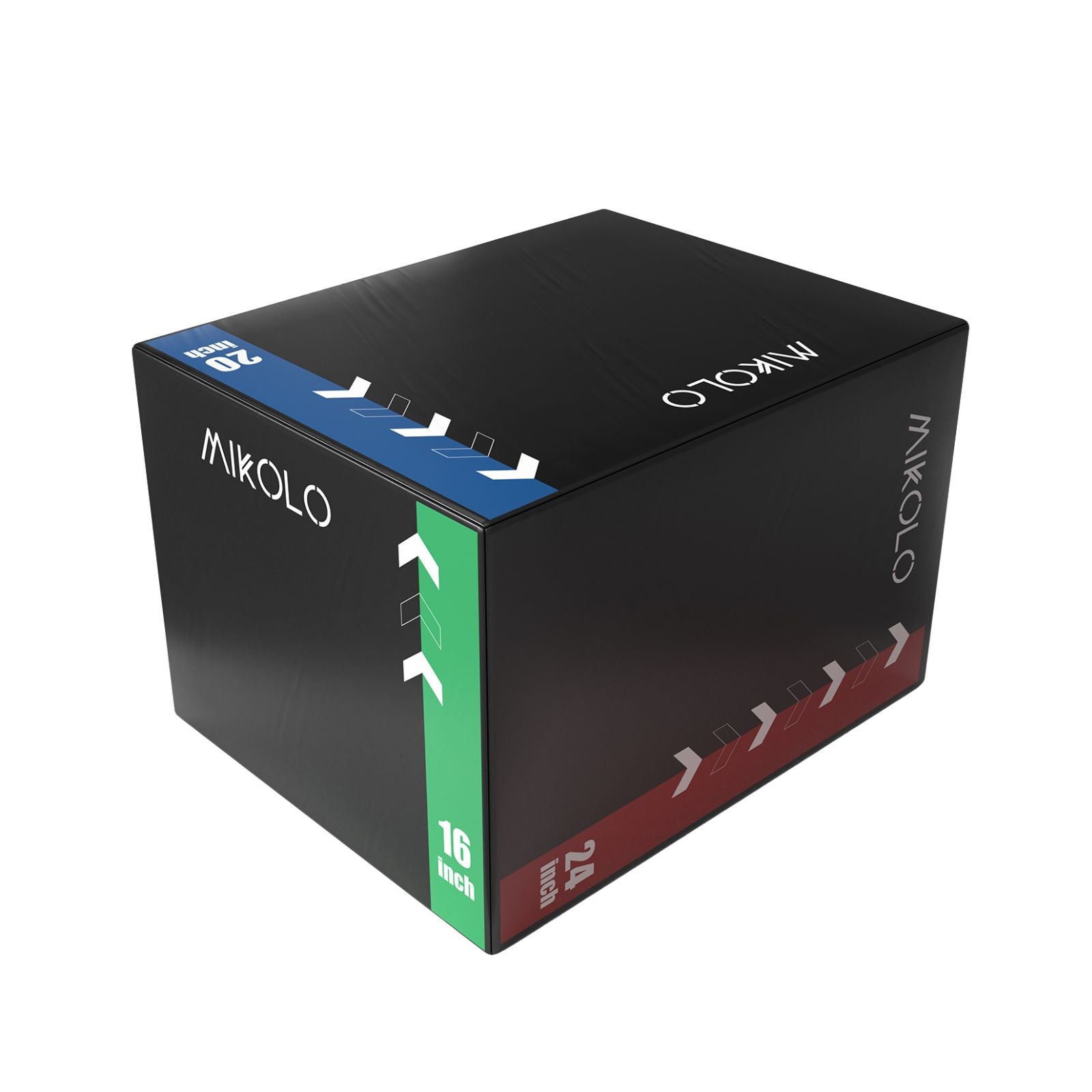






Leave a comment
This site is protected by hCaptcha and the hCaptcha Privacy Policy and Terms of Service apply.